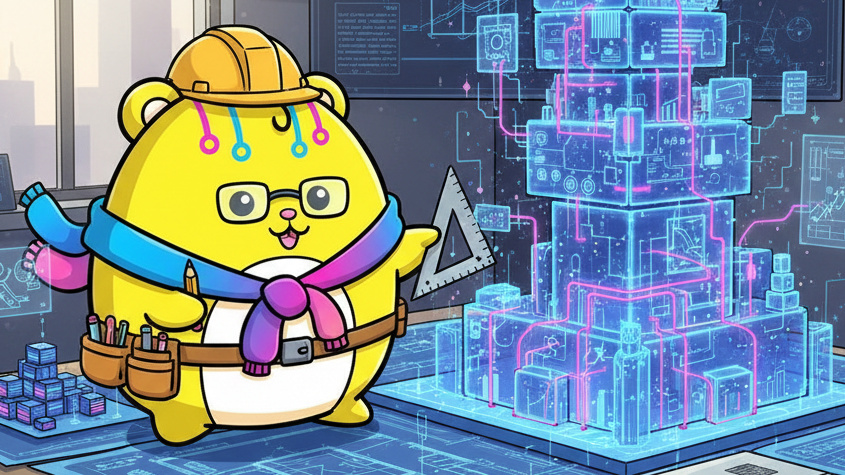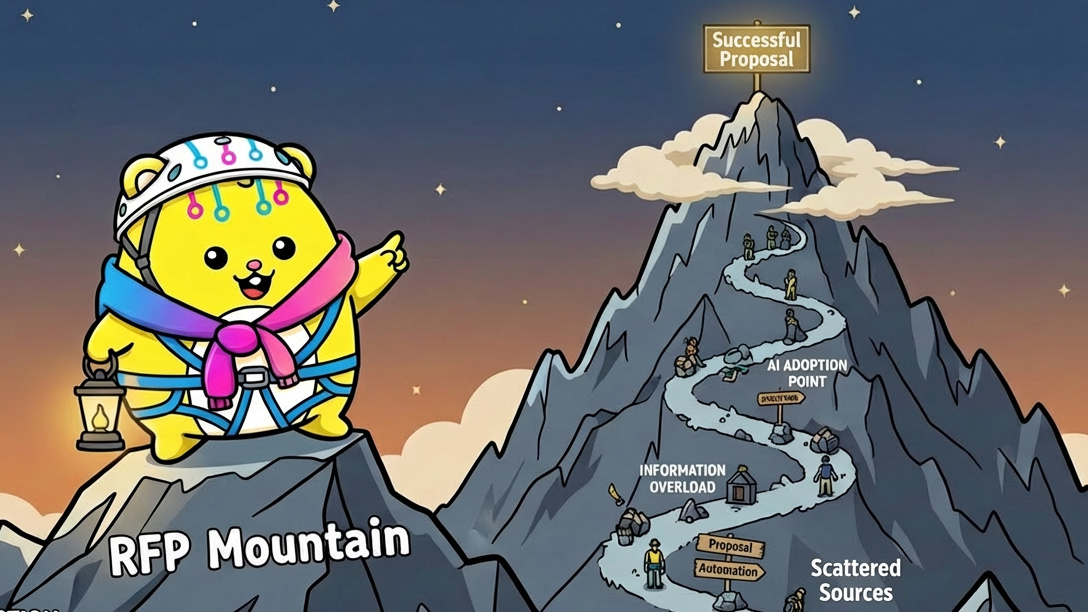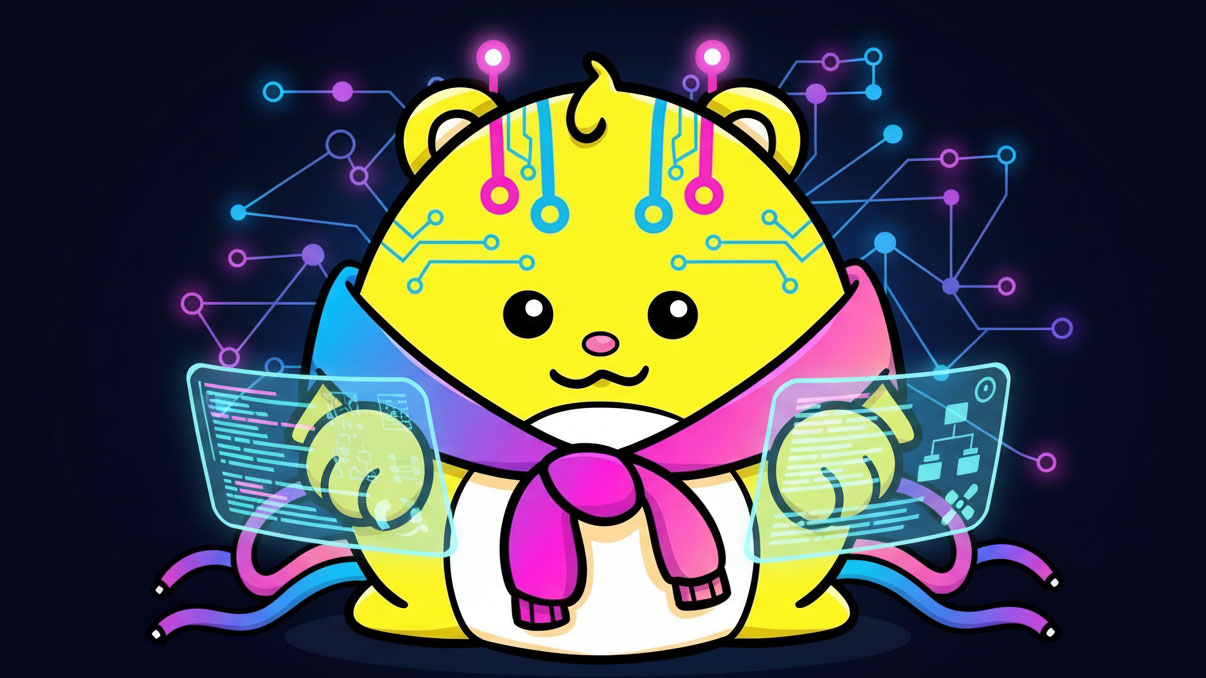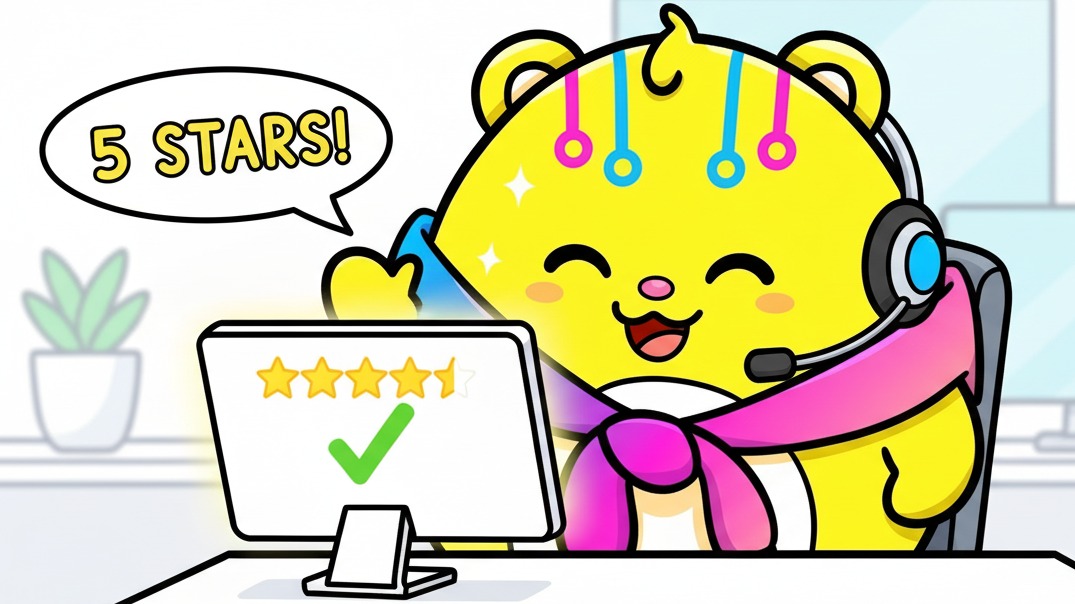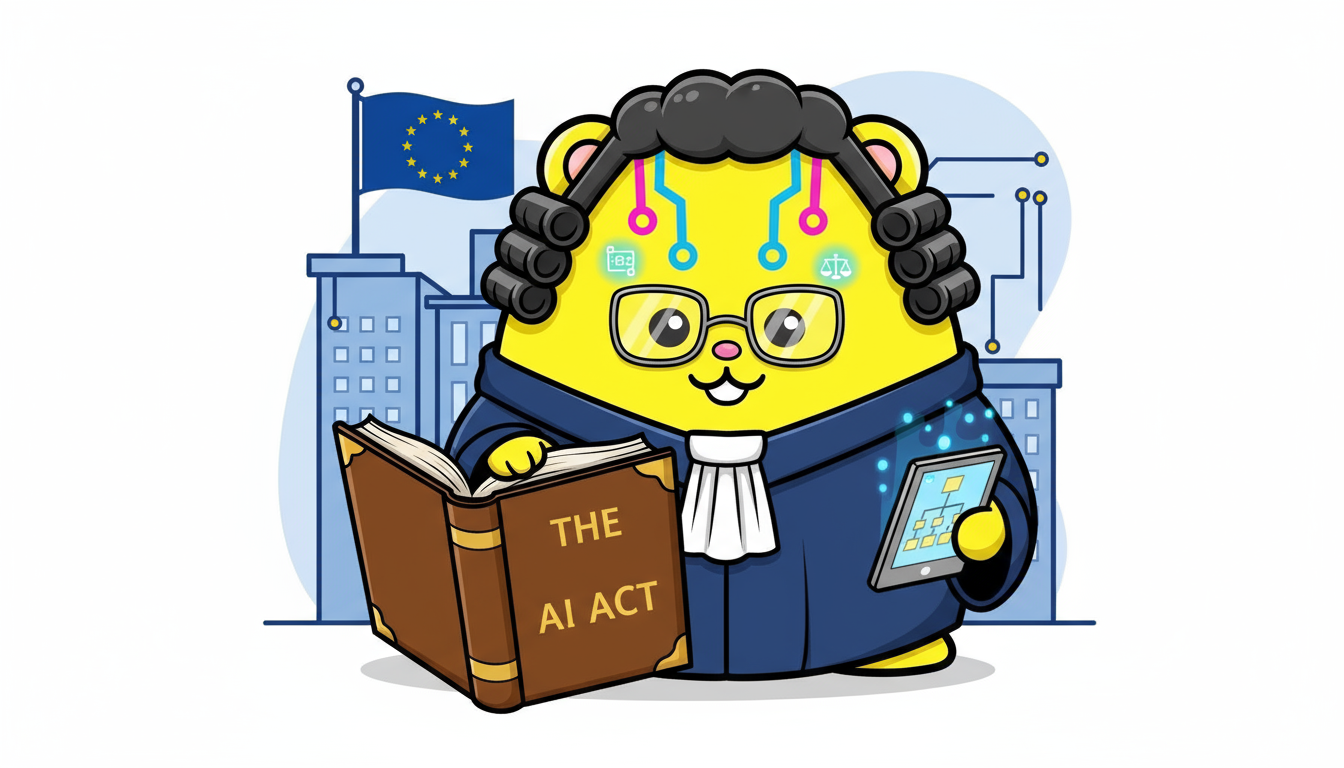Hiring sales reps is hard. You’ve got to make sure you have the right person with the right personality and experience.
But this isn’t the hardest thing. Once you get through the hiring process, you’re in for even more trouble: onboarding.
You want your reps ready to sell ASAP. You need them to be interfacing with customers, familiar with product knowledge, and ready to respond to tricky questions.
But there’s soooo much product knowledge, sales enablement content, and other company docs to get through. It can take a new sales hire WEEKS, or even worse, months to be fully onboarded.
So what do you do?
You automate. The reality is that to get your salespeople ready to go, you need to automate your onboarding through knowledge automation. Utilizing generative AI appropriately will help you reduce ramp-up time and improve the consistency of your training.
Your sales reps will be empowered to handle product and competitive questions with confidence from the jump.
Key Takeaways
- Traditional onboarding is too slow and too inconsistent because it relies on static documents and busy senior reps.
- Knowledge automation accelerates onboarding and improves your reps’ performance by using generative AI and a centralized knowledge base.
- Automating knowledge strengthens your long-term sales enablement through messaging consistency and scalability.
Onboarding Can Feel Like it Takes Forever
It’s not your fault.
It’s just that traditional onboarding calls for sales reps to read through mountains of company literature that they just cannot absorb quickly enough to make them efficient and effective.
It can take months for a new sales rep to be fully trained. Of course, it takes much longer for that same salesperson to be fully competent. Some say it can take up to a year.

What that means is that you’re investing in a salesperson who could leave at any time, and isn’t providing any returns on your investment… yet.
And you’ve already spent significant time just bringing in the right person.
In addition to the time factor, here are the primary problems you’re up against with traditional onboarding:
New reps lack product and industry-specific knowledge
This one can’t really be helped. Your new hire doesn’t know everything there is to know about your product. They can really only learn the ins and outs of what they’re selling over time and on the job. Even the most seasoned sellers will struggle to memorize every nook and cranny of your product.
Add to this issue a lack of knowledge in your industry, and you’ve got double trouble. A new rep might come from a sales environment, and they may be great at what they do… but if they come from car sales and you’re selling software, they have a lot to learn.
Any time you bring in someone new, there’s going to be a learning curve. Until they catch up, they’re going to struggle to close deals.

It ALWAYS takes a while to nail the messaging
Let’s say you bring in the best and the brightest young salesperson from within your industry. All they need to do is learn about your product, and they do. They learn quickly, and they’re sure they’re ready to go in just a few days.
The problem arises when they fail to deliver your company’s message to your target persona correctly.
They understand the design and the purpose, but they don’t quite get the customer. They use the wrong tone, the wrong approach, and focus on the wrong qualities.
They risk losing the deal.
Without intervention, this can become a real problem that snowballs quickly.
Competitive knowledge is tough to transfer
Finally, if your sales rep doesn’t understand the competition in and out, they won’t be able to respond when a potential client pushes back or asks about a competitor.
They need to know about your products, yes. But they also need to understand where your company stacks up against your competitors.
If they can’t tell your target persona why your company is the best choice when compared to your competitors, they can’t sell your product effectively.
Every rep learns at their own pace
There’s so much catching up to do, but you need them interfacing with customers today. That’s why you hired a new salesperson in the first place.
But the most common ways to train your rep, like shadowing a senior rep or *gasp* reading content, can take way too long.
Senior reps are busy and can’t always train your new hires, and they don’t always do the most consistent job.
And sales enablement tools are basically glorified Google Drives. You’ve got a bunch of large files of static content. It’s difficult to navigate, so your reps won’t even take the time to go through it.
These are just some of the limitations of traditional onboarding. Ultimately, traditional onboarding doesn’t scale easily because everyone learns differently. Some reps run with it, while others take time to really understand the space.
The bottom line: traditional onboarding suffers from a manual, human-dependent process.
AI Has Redefined Sales Hiring
Deploying an internal company AI allows reps to access your team’s knowledge instantly without waiting for a human response. This makes the onboarding process infinitely faster.

This approach to onboarding lets your reps learn at the pace they need to be successful. They can get answers on demand and start selling today.
The Impact of Automating Knowledge
- Faster onboarding: Your new hires can start engaging with prospective clients more quickly because they’ve got generative AI at their fingertips for any questions they might have.
- Fewer bottlenecks: You’ll eliminate the constant interruptions of senior reps or sales leaders, so they can continue with their own mission-critical work. No more dropping everything to answer repetitive questions from the new hire.
- Real-time enablement: Your new sales rep will learn about your company’s sales process in ways that are relevant to the work they’re doing right now. This means everything they learn will have context.
- Retention through use: Contextual learning is retained learning. Because your reps will be actively seeking and applying specific knowledge, they’ll absorb it better and retain it for longer.
How to Automate Knowledge for your Sales Team
The quickest way to onboard new sales hires is to eliminate the time they spend searching for answers. You do that by automating knowledge. Here’s how to get started:
Step 1: Setup a sales knowledge base for your team
Start by selecting a dedicated platform that’s purpose-built for capturing and serving up sales knowledge in real time. A tool like 1up, for example, allows revenue teams to centralize critical sales info. Then, sales reps can access that info quickly, from directly inside the workflows they use every day.
Step 2: Load your training content
This process takes minutes. You can connect your files, drives, and even web pages directly to the automation platform. 1up will then organize all of your company’s information in a unified location for your staff.
Make sure you include all content you’d consider high-value, including:
- Sales playbooks: talk tracks, objection handling guides, and sample scripts
- Process documentation: step-by-step directions for demos, discovery calls, and proposals
- Product messaging: value propositions, positioning statements, and key differentiators
- Technical documentation: product datasheets, API references, and architecture overviews
- Competitive enablement: battle cards, comparison tables, and competitive matrices
- Training assets: any materials normally covered in the first month of onboarding

Step 3: Connect your company chat channels
Next, connect the platform to the tools your reps already use. This could be Microsoft Teams, Slack, or Google Chat, for example. That way, your reps can ask questions and get answers without switching tabs.
When information is embedded directly inside your rep’s normal workflow, surprise, surprise, they’ll actually use it. Their learning then becomes continuous instead of just something that happens during training, something they’ll quickly forget.

Step 4: Install the browser plugin
Finally, extend answers anywhere your reps work. With the 1up plugin, your reps can highlight questions inside an email, a proposal document, or a customer questionnaire and immediately receive the relevant answers. This is particularly effective for new reps who are being emailed questions from customers that they might not know the answers to.
Your reps can access critical information in the exact moment they need it. Now, you’ve accelerated their onboarding and reinforced their knowledge retention long after training ends.
Knowledge Automation in Real Life: Use Cases
Live customer meetings
During live customer meetings, knowledge automation throws new reps a lifeline. Reps can get instant access to relevant information without breaking the flow of the conversation.
No more stalling or guessing when a prospect asks a tough question.
Now, they can send a message to the tool and get an accurate answer in seconds, with links to the reliable source.
Using the tool in this way builds confidence and reduces stress. So your reps can focus on listening to the prospect rather than scrambling for information.
Every time they pull an answer, their product knowledge is reinforced, so they’ll remember it better for the next call. This way, each interaction becomes a micro-learning opportunity.
Pre-call preparation
Automating knowledge dramatically improves pre-call preparation. It lets reps ask specific, targeted questions before a meeting.
Instead of digging through slide decks or outdated FAQs, they can simply ask the tool things like:
“How do we compare against Vendor X on security?”
or
“What’s the most common objection from financial services customers?”
Now, they can walk into the call with a clear, well-structured pitch that directly addresses the prospect’s pain points. New hires feel more confident and prepared. That means they’ll project more authority on the call.
So the ramp period speeds up, and early-stage win rates increase.
Handling customer questionnaires
Customer questionnaires can be lengthy, nuanced, and time-sensitive.
Without knowledge automation, new reps usually have to ping multiple teammates or sift through dense documentation just to answer a single line item. And there may be hundreds of questions to go through.
With a knowledge tool like 1up, they can either upload an entire questionnaire or highlight the question and get a precise response in seconds. And it always comes from current internal knowledge.

Automating this process saves time, reduces bottlenecks, and ensures answers are consistent and accurate.
It’s especially useful for complex topics like compliance, integrations, or data architecture. It’s here that even experienced reps will struggle to find the exact language or requirement the customer is asking about.
Extending AI to Sales Enablement
Of course, automating knowledge has applications far beyond faster onboarding. It also has a transformative impact on your broader sales enablement strategy. When you give your reps an ever-ready source of information, they can learn, communicate, and scale better.
Make your reps self-sufficient from day 1
When your reps can instantly find the information they need in a knowledge automation tool, you create a culture of ownership and accountability.
No more relying on busy senior team members for answers. They can now get any information they need anytime they need it, it’s a self-paced learning model.

Now, your reps will learn to proactively solve their own challenges. As a result, they’ll grow more confident and take on more challenges.
You won’t hear the far too common “quick questions” that interrupt managers and subject matter experts.
Sooner rather than later, your entire team becomes more independent, resourceful, and empowered to tackle complex buyer conversations without waiting for help.
Get everyone saying the same sales message fast
One of the biggest challenges in sales is ensuring that every buyer hears the same story, no matter which rep they’re talking to.
A tool like 1up solves this by delivering standardized, vetted answers to commonly asked questions.
No more relying on memory or personal interpretation.
Now, reps can pull the same story directly from a central source of truth. It will always reflect your latest positioning, product language, and competitive differentiators.
This way, every message a prospect hears is accurate, aligned, and reinforces your overall brand narrative.
Onboard as many people as you need
As your organization grows, it becomes increasingly complex to answer every new rep’s question. Likewise, you cannot possibly provide one-on-one coaching for every situation.
Answer automation removes that bottleneck by making enablement processes repeatable and self-serve.
Any rep, at any time, can access information without having to involve a manager or enablement leader.
No more expanding headcount just to keep up with questions.
Now, your team can rely on automation to scale knowledge delivery to dozens or hundreds of new hires at the same time.
This means enablement leaders can focus on higher-level strategy. And they can still provide a consistent, high-quality experience at scale.
Automate Knowledge to 10x Your Sales Onboarding Process
Onboarding reps faster gives your sales organization a huge competitive advantage by cutting down ramp-up time and speeding up deal readiness.
So take a look at your existing onboarding process, identify your repetitive training tasks, and start loading all of that content into a knowledge automation platform today.
The faster you can grow the confidence of your new sales reps, the more quickly they can become independent, empowered contributors.
And that means your team will become even more competitive.
Here’s to winning more deals.
Want to onboard sales reps faster?
Setup your 1up knowledge base in 15 minutes or less.
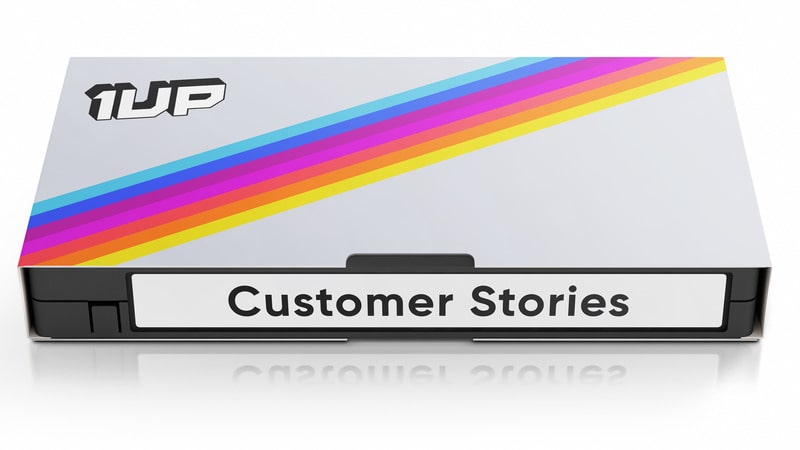

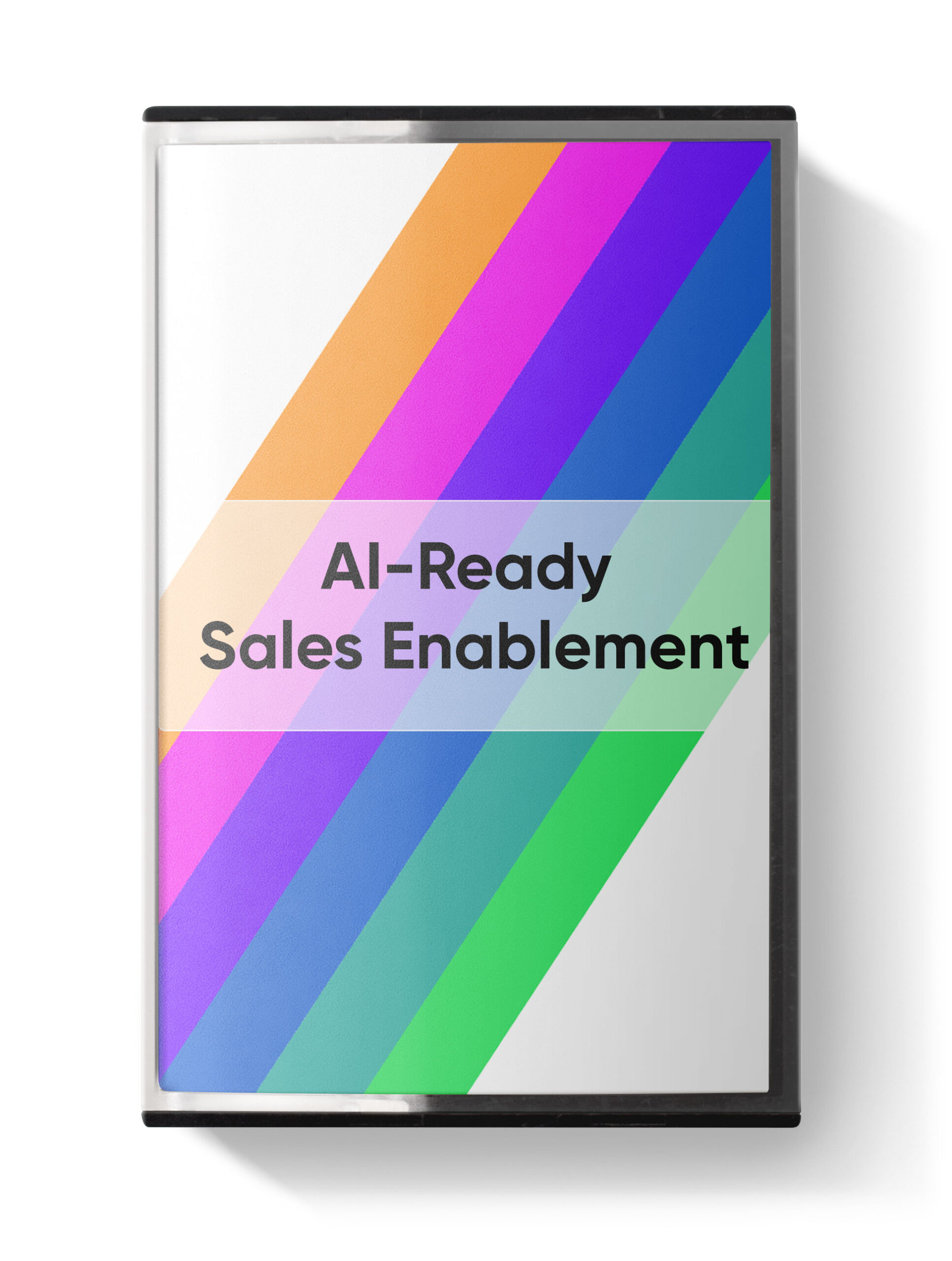
 Instagram
Instagram 




![The State of AI in Knowledge Management [2026]](https://1up.ai/wp-content/uploads/vhs_cassette_state_of_ai_in_knowledge_1.png)


